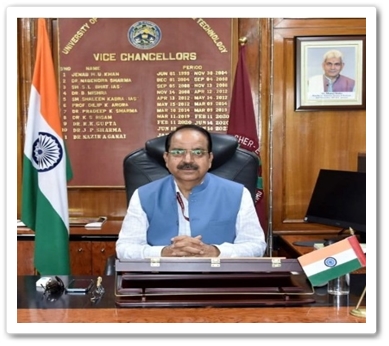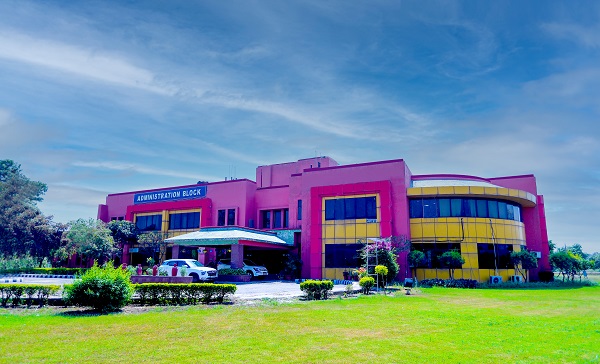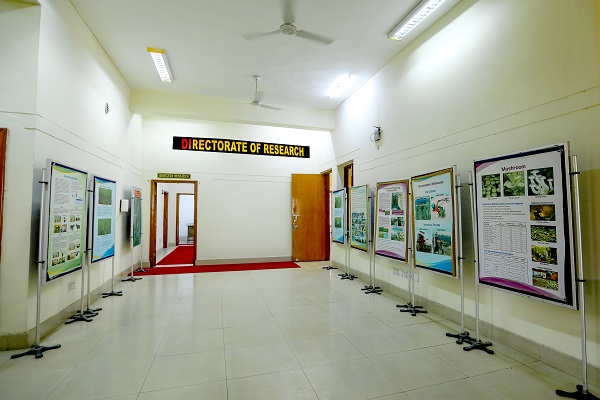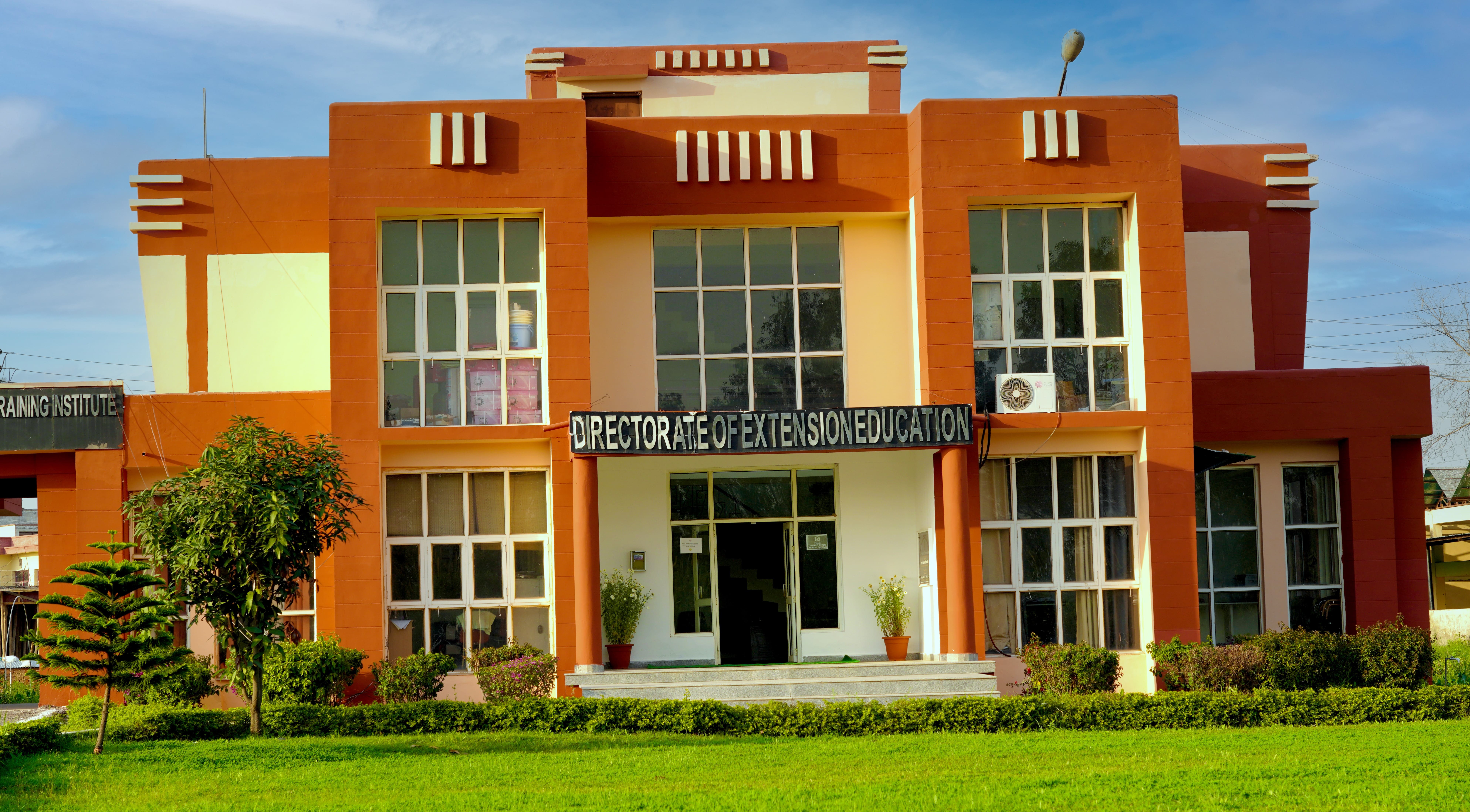Vice Chancellor’s DESK

The agricultural universities established in the country have to meet the requirement of this large workforce to provide technical support through education, research, and extension for enhancing the productivity and economic prosperity of the farming community. The remarkable transformation journey of agriculture in India highlighting the progress of nation from a country with insufficient food to a self-sufficient and even exporting agricultural produce. Agricultural Universities have to develop strong linkages with the farming community, State Government, policymakers, and agricultural education and research institutes at national and international level for their efficient functioning. The Jammu region of the UT Jammu and Kashmir of India has a significant role in the region's economy, employing a large portion of the population. This region is endowed with multiple climatic zones ranging from sub-tropical to temperate over an altitudinal variation. These diverse agro-climatic conditions can be potentially used to the advantage of the region by producing multiple types of horticultural and agricultural crops such as wheat, barley, maize, paddy, pulses, oilseeds, and fruits like apples, cherries, apricots, and walnuts. The fertile lands and availability of water from the rivers, such as Chenab, Tawi, and Ravi, support agricultural activities in the region.
These initiatives aim to introduce modern farming techniques, provide subsidies on agricultural inputs, and establish better irrigation facilities. Our main focus is to produce competent human resources in the advancement of agricultural sciences through technical knowledge and research in the field crops, veterinary & animal husbandry, horticulture, engineering, dairy technology, biotechnology, basic sciences, and agri-business management for transferring it to the farming community to meet the modern day requirements and to pressing issues of enhancing farm income, climate change, transgenic research and the mitigation of negative externalities of the modern agriculture. To overcome this, research needs to be focused on modern technologies such as nanotechnology, biotechnology, geospatial techniques, artificial intelligence, machine learning algorithms, etc. Peri-urban/secondary agriculture is another opportunity that needs to be promoted for the overall increase in the income of the farmers and create avenues for agri-entrepreneurship development in the field of hydroponics; aeroponics; vertical agriculture; mushroom; bee keeping; fisheries; etc.
Oilseed cultivation has a significant scope in the Jammu region of India. The region's agro-climatic conditions, adequate rainfall and the fertile soil of Jammu is well suited for growing oilseed crops.
Livestock farming also has a significant demand and scope in the Jammu region of India. This region has a diverse population with different dietary preferences, contributing to the demand for various types of meat. Rearing animals such as sheep, goats, and poultry can be profitable for meat production. Poultry farming, including chicken and egg production, has a significant scope in the Jammu region. Poultry products are in high demand due to their affordability and versatility in cooking. The market for eggs and poultry meat remains strong, making poultry farming a viable option for farmers and can provide employment opportunities for farmers, laborers, and associated industries such as fodder production, veterinary services, and dairy processing units. It can contribute to rural livelihoods and help alleviate unemployment. There is an increasing demand for organic and naturally raised products in Jammu. Farmers can also explore organic livestock farming and value-added products such as organic milk, cheese, meat, and eggs, which often fetch premium prices in the market. In association with local agricultural departments, livestock experts, market research can provide valuable insights into the specific opportunities and challenges in the region.
Niche area crops need to be promoted as geographically exclusive commodities such as basmati rice, rajmash, kala-zeera, etc. for increased returns to the farming community. Near about 30% of the fruits and vegetables losses occur due to a lack of storage and processing facilities. The processing industry is, therefore, another area for agri-entrepreneurship that has a lot of scope. With the government promoting start-ups, it is now much easier to be an agri-entrepreneur. It needs to promote a more entrepreneurship-based Education System with a regular student-industry interface while providing on-campus placement opportunities to our students. The emphasize will also be given to make current curriculum more relevant in line with NEP- 2020 so that after the successful completion of their degrees, they become successful in lifein the near future.The government of Jammu and Kashmir has introduced various schemes and initiatives to promote productivity, improve infrastructure, and enhance the income of farmers. These include subsidized loans, vaccination programs, training, and technical support.
SKUAST- Jammu has made a name through the sincere efforts of its faculty with the close cooperation of state departments, policymakers, and the active participation of farmers of the region.
I wish everyone Best of Luck!!!







